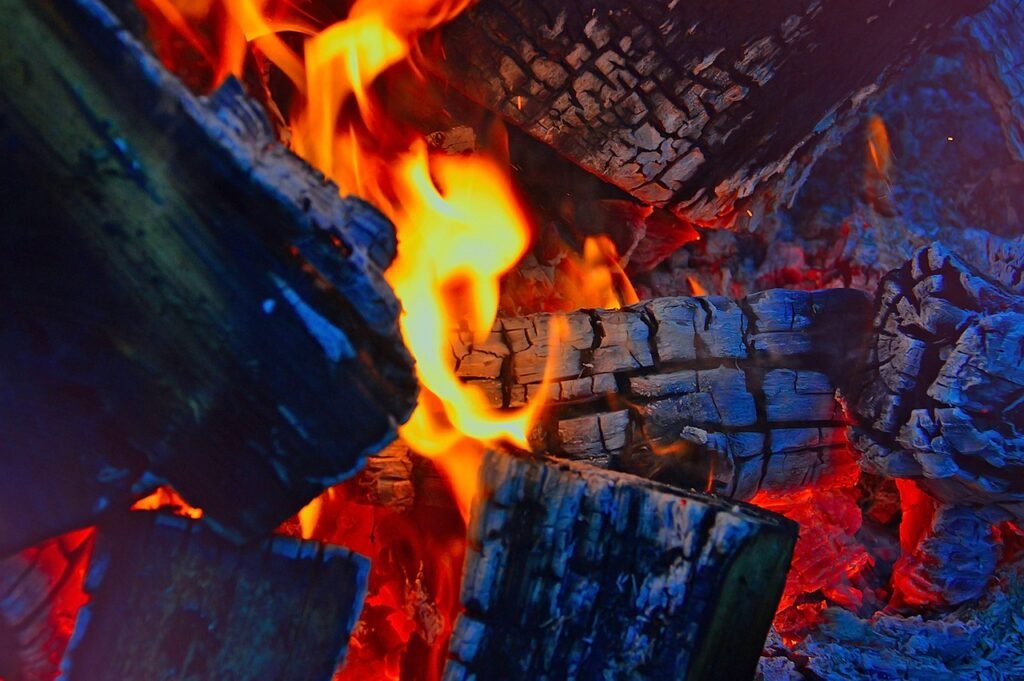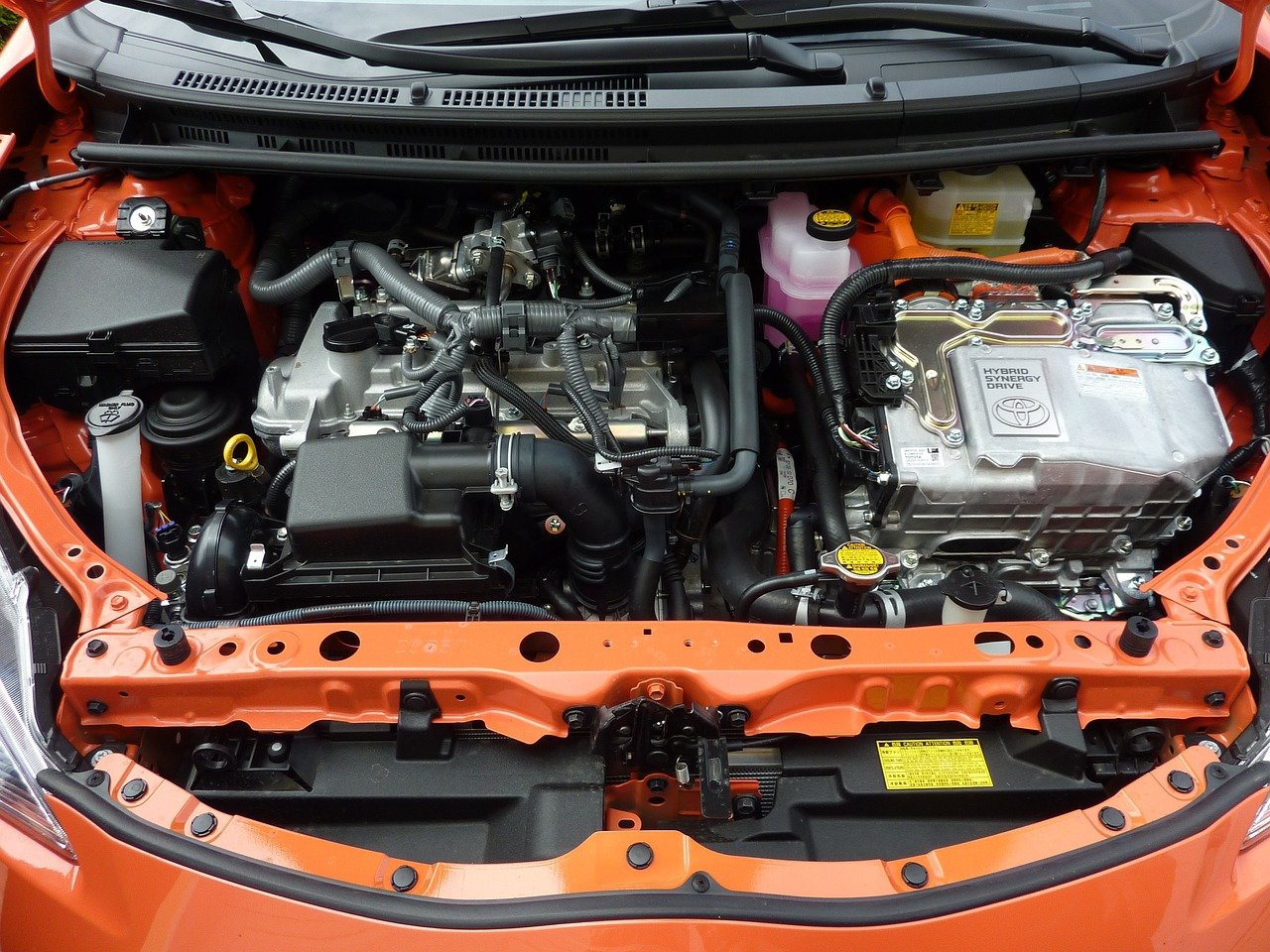The Jeep Wrangler, particularly the JKU (2007-2018), has earned a reputation for its ruggedness and off-road capabilities. However, owners have reported an alarming issue: engine cover burning. This phenomenon can not only affect the aesthetic appeal of your vehicle but can also pose serious safety risks. In this comprehensive guide, we will delve into the causes behind JKU engine cover burning, its implications, and the potential solutions to this problem.
What is Engine Cover Burning?
Engine cover burning refers to the deterioration or damage of the plastic engine cover found on the JKU models. This damage can manifest as melting, warping, or even complete destruction of the cover. Understanding the underlying causes is essential to address and prevent further issues.
Common Causes of JKU Engine Cover Burning
1. Excessive Heat Generation
One of the primary reasons for engine cover burning is excessive heat production from the engine. Here are several factors that contribute to this:
- Engine Overheating: If the engine runs hotter than normal due to cooling system failures, it can lead to increased heat reaching the engine cover.
- Poor Ventilation: A lack of airflow around the engine can exacerbate heat buildup, causing the plastic cover to melt or warp.
2. Material Composition
The JKU engine cover is made from plastic, which, while lightweight, has a lower melting point compared to metals. Factors such as:
- Low-Quality Materials: Some production years may have used inferior plastic that is more susceptible to heat damage.
- Aging Plastic: Over time, the plastic can degrade, making it more vulnerable to heat and potentially leading to burning.
3. Electrical Issues
Electrical malfunctions can also contribute to engine cover burning:
- Short Circuits: If wiring becomes frayed or damaged, it can cause sparks or overheating, affecting nearby components like the engine cover.
- Faulty Sensors: Malfunctioning sensors can lead to incorrect readings, causing the engine to overheat.
4. Exhaust Leaks
Leaking exhaust gases can increase the temperature in the engine bay, leading to melting of the engine cover. Exhaust system issues such as:
- Cracked Exhaust Manifold: This can allow hot gases to escape and heat up surrounding areas.
- Loose or Damaged Gaskets: These can also contribute to heat transfer to the engine cover.
5. Improper Installation or Maintenance
Poor maintenance practices can lead to engine cover issues:
- Incorrect Reassembly: After repairs or maintenance, if the engine cover is not installed correctly, it may be placed too close to hot components.
- Neglecting Routine Maintenance: Failure to replace worn parts or address cooling system issues can lead to overheating.
Implications of Engine Cover Burning
The consequences of engine cover burning can range from cosmetic damage to severe engine problems. Here’s what you need to consider:
- Safety Risks: A damaged engine cover may expose hot engine components, increasing the risk of burns or fire.
- Performance Issues: Overheating can lead to engine performance problems, reduced efficiency, and increased wear and tear.
- Increased Repair Costs: Ignoring the problem can lead to more extensive damage, resulting in costly repairs.

Solutions to Prevent and Address JKU Engine Cover Burning
1. Regular Maintenance Checks
The first step in preventing engine cover burning is to maintain your vehicle properly:
- Routine Inspections: Regularly check the engine for signs of overheating and ensure that the cooling system is functioning optimally.
- Fluid Levels: Keep an eye on coolant levels and replace any fluids as needed to avoid overheating.
2. Upgrade Materials
If you find that your engine cover has already burned or is at risk, consider upgrading to a more heat-resistant material:
- Aftermarket Engine Covers: Look for aftermarket options made from higher-quality plastics or even metal that can withstand higher temperatures.
3. Address Electrical Issues Promptly
Regularly check the vehicle’s electrical system for:
- Frayed Wires: Inspect for any signs of wear and replace damaged wiring.
- Sensor Functionality: Ensure that all sensors are working properly to prevent false readings and overheating.
4. Exhaust System Maintenance
Regularly inspect and maintain the exhaust system:
- Check for Leaks: Look for signs of leaks in the exhaust manifold and gaskets.
- Professional Inspections: Consider having a professional inspect your exhaust system for issues that could lead to overheating.
5. Proper Installation Practices
When performing maintenance, ensure that all components are reassembled correctly:
- Follow Manufacturer Guidelines: Always refer to the service manual for proper installation techniques.
- Seek Professional Help: If unsure, it’s advisable to consult with a mechanic who specializes in Jeep vehicles.
Conclusion
The issue of JKU engine cover burning is a concern that many Jeep owners may face. Understanding the causes behind this problem allows for better prevention and management strategies. Regular maintenance, material upgrades, and prompt attention to electrical and exhaust issues can help ensure your Jeep remains in top condition. By taking these proactive measures, you can enjoy the adventures your JKU is built for, without the worry of engine cover damage.
If you’ve experienced engine cover burning, sharing your experiences can help fellow Jeep owners understand and address this issue effectively. The road ahead is much more enjoyable when you’re confident in your vehicle’s reliability!
FAQs About JKU Engine Cover Burning
1. What causes the engine cover on my JKU to burn?
Engine cover burning can be caused by excessive heat from the engine, poor ventilation, low-quality materials, electrical issues, exhaust leaks, or improper installation and maintenance.
2. How can I tell if my engine cover is burning?
Signs of burning include visible melting, warping, discoloration, or a burning smell coming from the engine bay. Inspect the engine cover for cracks or signs of heat damage.
3. Is engine cover burning a safety hazard?
Yes, a burning engine cover can expose hot engine components, increasing the risk of burns or fire. It may also indicate overheating, which can lead to more serious engine damage.
4. How can I prevent engine cover burning?
Regular maintenance, such as checking coolant levels, inspecting electrical systems, and ensuring proper exhaust function, can help prevent overheating. Upgrading to higher-quality engine covers can also provide better heat resistance.
5. What should I do if my engine cover has burned?
If your engine cover has burned, replace it with a new one and inspect the engine for underlying issues, such as overheating or electrical problems. Consulting a mechanic is recommended for a thorough diagnosis.
6. Can I use an aftermarket engine cover?
Yes, aftermarket engine covers made from higher-quality materials can offer better heat resistance. Ensure that any replacement part is compatible with your JKU model.
7. How often should I check my engine cover?
Regular inspections during routine maintenance are advisable. Check for signs of damage or heat exposure whenever you perform oil changes or other engine checks.





